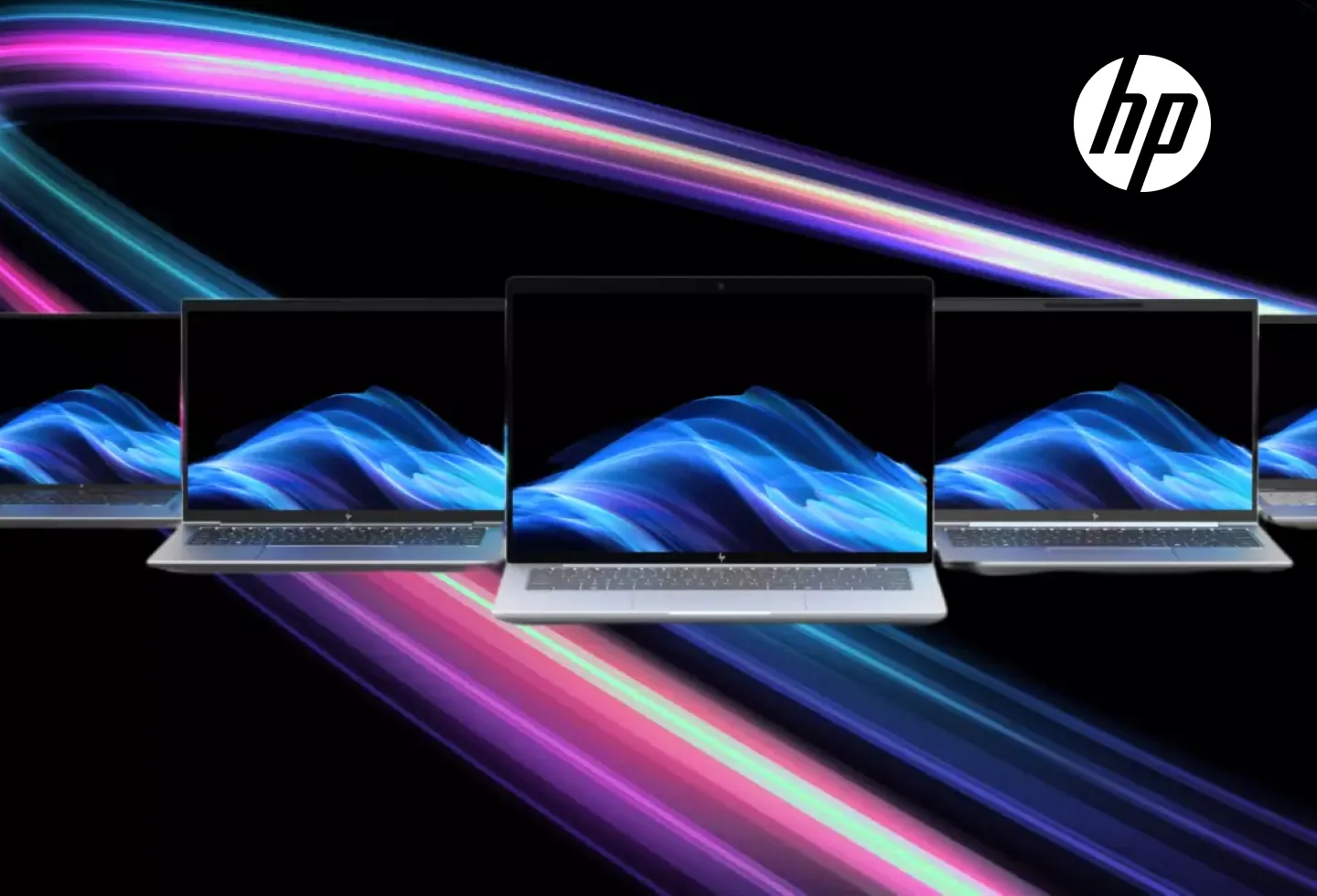Artificial intelligence is poised to transform personal computing, and HP is leading the charge.
In 2024, HP plans to release the world’s first true “AI PC” featuring specialized AI acceleration technology.
The next-generation HP AI PC(s) will enable breakthrough capabilities like real-time voice transcription, instant video analysis, and enhanced content creation tools.
Introduction to Upcoming HP AI PC’s
HP recently unveiled ambitious plans to bring artificial intelligence capabilities to its computing devices over the next few years.
The company aims to leverage advancing AI chip technology to create PCs that can understand natural language, recognize images and video, and even predict user needs.
Overview of HP’s Plans for AI PCs
In late 2022, HP announced its vision for “AI-powered computing” across its PC portfolio.
The company is working on embedding AI processing onto system-on-chips (SoCs) that will drive major functions on HP laptops and desktops.
These AI capabilities at the chip level will enable next-generation user experiences.
HP plans to first launch Meteor Lake-powered PCs with some basic AI functionalities in early 2023.
These will lay the groundwork for more advanced “AI PCs” coming in the second half of 2024, according to CEO Enrique Lores.
The 2024 models will have AI chips developed through a partnership between HP and Intel.
Expected Capabilities and Benefits of HP AI PCs
The integration of AI processing directly on the PC SoC will bring features like enhanced voice commands, visual searching of content libraries, intelligent search, and predictive recommendations to HP devices.
According to HP, embedding AI capabilities will lead to improvements in areas like battery life, device performance, internet connectivity speeds, and application loading times.
The company envisions the technology helping increase productivity by up to 50% once fully developed.
But it acknowledges moving from the era of “general computing” to true “AI computing” will be a multi-year journey.
HP’s AI PC timeline
HP has outlined a timeline for rolling out PCs powered by artificial intelligence capabilities over the next couple of years.
Meteor Lake-powered PCs in early 2023
These new CPUs will contain dedicated AI acceleration technology, providing a boost to AI-related tasks like natural language processing, speech recognition, and computer vision.
While not “full” AI PCs, these Meteor Lake systems will offer substantially improved AI capabilities compared to existing devices.
Users can expect to see benefits in areas like faster voice recognition, more immersive videoconferencing effects, and improved recommendations in software.
The AI capabilities of the Meteor Lake processors will serve as a stepping stone as HP moves toward releasing true artificial intelligence-powered PCs in 2024.
True “AI PCs” coming in 2H 2024
In the second half of 2024, HP plans to unveil PCs that are purpose-built for artificial intelligence from the ground up.
These systems will contain HP’s new “AI Engine” – a modular, customizable chip with up to 32 high-powered processing cores designed specifically for AI-intensive workloads.
The AI Engine will improve on-device machine learning, allowing for cutting-edge capabilities.
The future of AI PCs
While HP’s upcoming line of AI-powered PCs promises exciting new capabilities, analysts expect adoption to start gradually.
The integration of AI chips into mainstream consumer devices is still in its early stages. As the technology matures and becomes more affordable, adoption rates are expected to accelerate.
According to HP CEO Enrique Lores, the first generation of AI PCs will likely appeal mostly to early adopters.
However, he predicts that by the end of the decade, 30% of all new HP PCs will contain AI capabilities.
The meteoric rise of AI is fueled by rapid innovation in semiconductor design. Major chipmakers like Intel, AMD, Nvidia, and Qualcomm are investing heavily in developing specialty AI and machine learning chips.
As these chips become smaller, more efficient, and less expensive, they will find their way into more and more computing devices.
IDC predicts that 50% of enterprises will adopt AI-enabling infrastructure such as servers with AI chips in the coming years.
As natural language processing, computer vision, and predictive analytics are increasingly handled on the edge rather than the cloud, demand for AI-capable PCs will grow steadily.
With the right chips on board, even modest PCs can handle impressive AI workloads.



